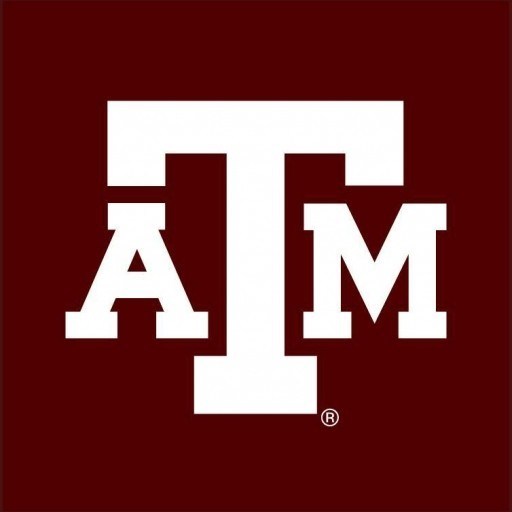Photos of university / #carnegiemellon
The M.S. program in Logic, Computation, and Methodololgy offers unique opportunities for studies over two years in areas where the department has distinguished formal research strengths. These are the same research areas that are open to Ph.D. candidates. As a two-year program, it is well suited for students who are looking to enhance their training in selected areas of Formal Philosophy, in order either to pursue a vocation outside academe, e.g. designing expert systems for consulting firms that specialize in AI methods, or to prepare for further graduate study in Analytic Philosophy, Cognitive Psychology, Computer Science, Mathematics, or Statistics.
Cognition, AI, and Philosophy of Psychology
- history and philosophy of psychology
- artificial intelligence
- neural networks
- knowledge representation
- semantics and pragmatics of natural language
- foundations of computation
Decision, Rational Choice, and Applied Ethics
- foundations of decision theory
- game theory
- rational choice
- political philosophy
- bioethics
- ethics and public policy
Epistemology, Scientific Method
- epistemology
- foundations of statistics
- belief revision and knowledge representation
- causal inference and discovery
- computational learning theory
- automated deduction
Logic and Mathematical Thought
- proof theory
- category theory
- constructive logic and type theories
- automated deduction
- logic of computation
- history of modern logic
- philosophy of mathematics
- philosophy of logic
The program's course requirements are designed to provide students with a shared introduction to basic tools of philosophical analysis, a shared background of philosophical issues, significant interdisciplinary competence, and an introduction to research topics in the department.
By default students are presumed to be in the course-based degree option (they will not write a thesis). If a student would like to write a thesis, they must seek approval from one member of the department (the supervisor) and one additional faculty member (the second reader). This permission must be secured prior to the first day of classes of the fourth semester, but students are strongly advised to secure it earlier.
In the requirements below we refer to the "philosophical areas." For the purpose of our requirements philosophical areas are:
- Area 1: Philosophy of Science, Methodology, and Epistemology
- Area 2: Value Theory
- Area 3: History of Philosophy
- Area 4: Philosophy of Mind, Philosophy of Language, Lingusitics, and Metaphysics
- Area 5: Philosophy of Mathematics and Logic
Core requirements
- 80-600 Philosophy Core Seminar I and II (2 semesters): Survey of crucial research in philosophy, logic, and related areas
- 80-610 Formal Logic: The syntax and semantics of first-order logic, and related topics
- 80-618 Topics in Logic I (half semester): The theory of computability, and Gödel's incompleteness theorems
- 80-616 Formal Methods (1.5 semesters): An introduction to contemporary formal frameworks, including Bayes Nets, Decision Theory, Game Theory, and Formal Learning Theory
- Professional development seminar: Students must enroll in the professional development seminar in the spring semester of both years
- Two courses from two different philosophical areas
With approval of the Director of Graduate Studies, other courses in logic may be substituted for 80-610 and 80-618. For example, 80-619 Computability and Learnability may be substituted for 80-618.
Philosophy electives
Course-based option
- Two graduate level courses from any of the five philosophical areas
Thesis option
- Two course of independent thesis research
Interdisciplinary requirement
An interdisciplinary elective, e.g. in logic, computer science, statistics, game theory, linguistics, economics, or psychology, to develop formal skills that will support thesis research. These courses need to be approved by the Director of Graduate Studies. Suitable courses include:
- 10-701 Machine Learning
- 15-211 Fundamental Data Structures and Algorithms
- 21-601 Model Theory I
- 36-625 Probability and Mathematical Statistics I
- 85-719 Introduction to Parallel Distributed Processing
- 85-765 Cognitive Neuroscience
Additional courses
- Two additional graduate level courses
NOTE: A maximum of two directed readings may be used to fulfill the requirements for the course-based masters degree without special permission from the Director of Graduate Studies. Students in the course-based option are encouraged, however, to consider taking at least one directed reading to further delve into an area of a previous course.
- Graduate application
- Sample of original written work
- Personal research statement
- Three (or more) letters of recommendation
- Transcripts from all previously attended colleges or universities
- GRE scores (Institution code: 2074; Department code: 2801)
- TOEFL or IELTS scores for non-native English speaking applicants
- $50 application fee
Scanned versions of official transcripts, GRE score reports, and TOEFL / IELTS scores can be uploaded in lieu of sending paper copies.
Want to improve your English level for admission?
Prepare for the program requirements with English Online by the British Council.
- ✔️ Flexible study schedule
- ✔️ Experienced teachers
- ✔️ Certificate upon completion
📘 Recommended for students with an IELTS level of 6.0 or below.
Scholarships
The Philosophy Department offers qualified M.S. students up to a 50% tuition fellowship, added to whatever outside fellowships or other tuition awards the student has gained on her or his own. In addition, qualified MS students have the opportunity to serve as teaching assistants or graders for undergraduate courses, for a stipend rate set annually by the department. In the 2015-2016 academic year, by TAing or grading one course per term for each of two terms, an M.S. student earns $8,000 in stipend. In addition, the department provides approximately $1,100 to cover the cost of a Carnegie Mellon health insurance policy









